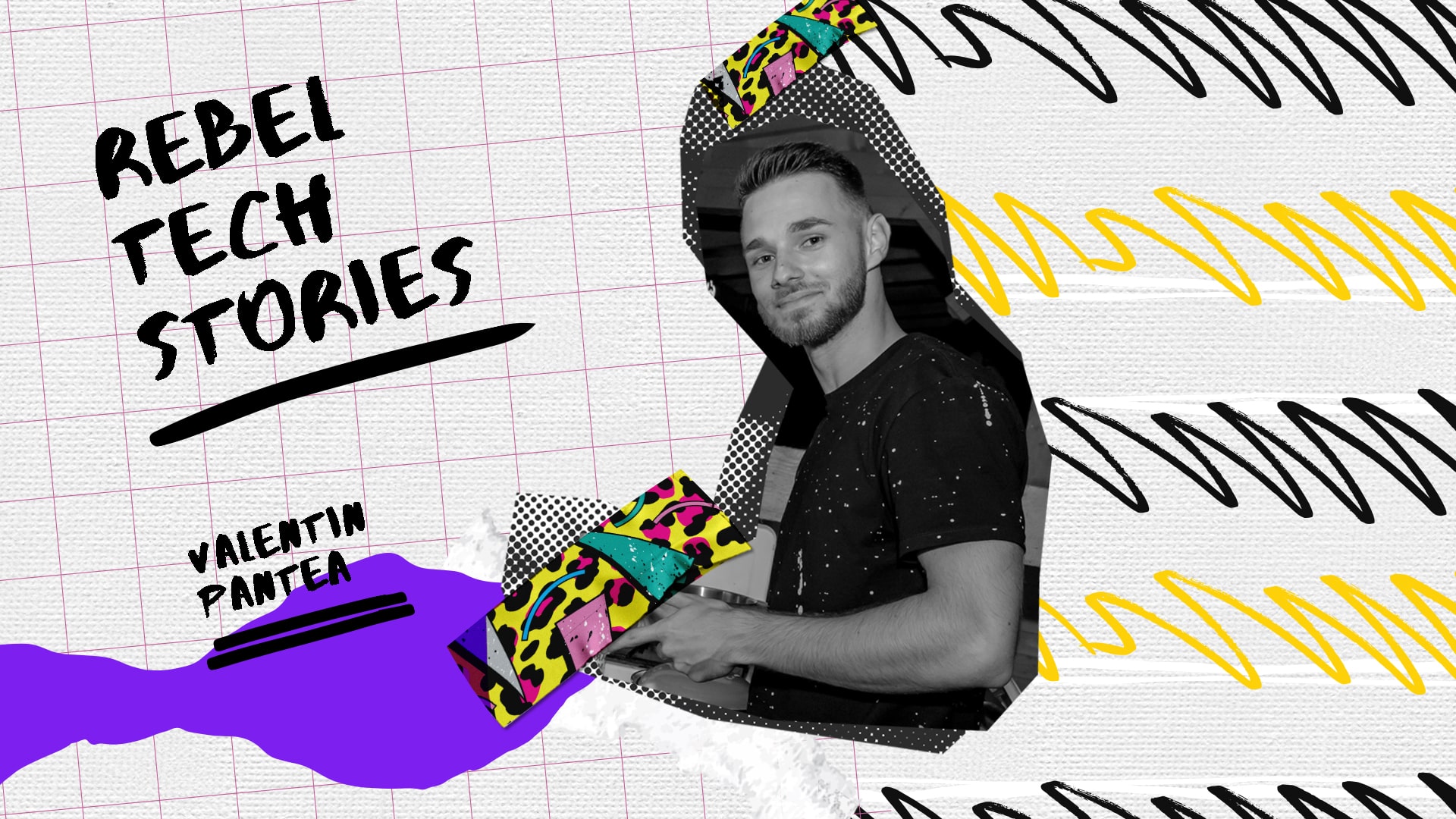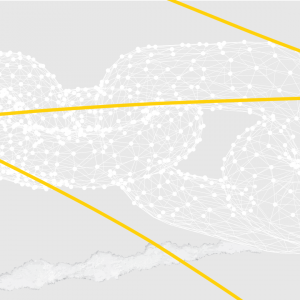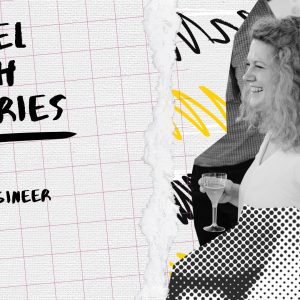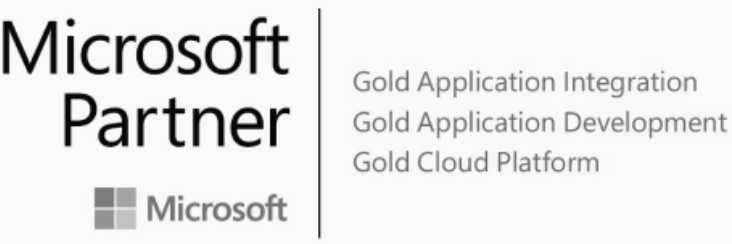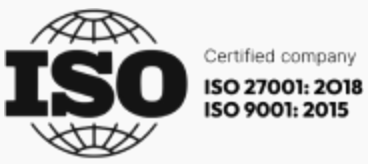Valentin is a React Native Developer who started out as an intern in our team two years ago, when RebelDot, as you know it today, was only at the beginning of its journey.
We figured out we might glance at his experience, since he’s been growing at the same pace as the company itself, seeing how this whole rebel culture unraveled.
He is 23 years old and embarked on our team in 2018, right after his second year of university, back when we were only 36 people in total with 3 of them in Oradea.
Why did you choose to apply for an internship at that time?
As part of the course that I was pursuing, we were advised that we should undertake an internship to gain some practical experience. While most of my colleagues were mainly motivated by this somehow compulsory factor, I knew from before that I wanted to start working, even prior to graduate university, as I was just coming back from a Work & Travel experience which I have had in the United States.
Why the RebelDot internship?
I remember that when I first saw the announcement, there wasn’t really any history about RebelDot, as they were just splitting up from the American company. Not knowing too much about them didn’t necessarily come across as being a dodgy opportunity.
Not at all, in fact.
Perhaps the one aspect that made me want to apply for them without any hesitation was the fact that, in that post, there were specified many innovative and new technologies that the successful candidates would have the opportunity to work with.
To this day, we still lure interns with the opportunity to learn and work with some of the latest technologies. Why was this so appealing to you back then?
I would say that those who are a bit low maintenance don’t necessarily find this aspect as the main motivation to apply for an internship, but most of my colleagues at university, as well as myself, students who were genuinely passionate about tech, already had an idea about which technologies were more advanced and sustainable in the long run.
We were not just looking for an internship to simply tick that box in our university curriculum and make our teachers content, but rather looking for opportunities to launch our careers, challenge ourselves to step outside our comfort zone, learn more and do meaningful work for both ourselves and those we were yet to collaborate with.
Do you remember what was your first impression of RebelDot?
Obviously, I was super nervous on my first day.
Still, because when I started the internship, in Oradea, there were only 3 people working in that headquarters, it was super easy to get to know them and become friends.
Some might have probably been discouraged seeing that the company was that small, but I guess that, to me, this was another positive aspect, because in no time the atmosphere became pretty informal and it really felt like being part of a community, working together, getting lunch everyday together and talking about stuff that weren’t necessarily related to work.
What was your learning process like while being an intern at RebelDot?
As I was mentioning, when I started in Oradea, besides us, the interns, there were 3 more rebels already working there and all of them sort of took the responsibility of mentoring us.
Now, in terms of the dynamic and specifically the way we received feedback, I remember that it was, indeed, structured, but also very proactive. This means that, besides the regular feedback rounds, we could always ask our mentors for their opinion, no matter the part of the process we were in.
What I found particularly helpful was the fact that we were rather encouraged to first search for the solutions ourselves.
Each time I was dealing with a difficulty, I would first look it up on the internet or do whatever I could to untangle the situation myself.
Not that the mentors wouldn’t have helped me, but I just knew that if I want to thrive and eventually land an actual job here, they would appreciate me doing that extra effort.
And I was right.
What would a normal day at the office looked like in your internship?
Uhm, well, I was working 6h a day. I’d get to the office, start by going through the resources which I had to learn for that day and carry on with some practical exercises where I would apply the fresh knowledge that I have just acquired after reading the resources.
Next, we would have the usual meeting/s and then we would all take the edge off by grabbing lunch together. Right after lunch, I would continue with the exercises meant to strengthen the knowledge that I’ve gathered throughout the day and from time to time, I’d ask the mentors for some guidance.
The internship lasted for 3 months.
In the first two months, there was mainly learning, applying the concepts through practical exercises and getting used to working with them, pretty much like building muscle memory. In the last month, after becoming fit and confident enough with the stuff I learned by then, I was given the chance to work on a client project, which, as you can imagine, was very exciting!
What were some of the challenges that you had to deal with as an intern?
Being at the start of your career, you kind of know that, despite the passion and the knowledge acquired throughout university, you still have a lot to learn. When you are surrounded by people more skilled than you, this might come across as intimidating at times, especially when you have to ask for their help, not because they make it like that, but because you reinforce this situation involuntarily, in your mind.
The way I overcame this aspect was by willingly commit to forging some bonds with them outside of work. Everyone is nice to you if you allow it and engage with them.
The more time you’ll spend at the company, the less formal you will find everything, but you can shorten this time by simply going over that mild anxiety border.
Talking about outside of work, what were some of the activities you did back then with the other rebels?
There were many evenings that we spent walking around the city, dining together, going to the cinema, or even playing board games. I know for sure that each week we would all plan something to do together outside of work and that was nice to see – the fact that, no matter how new we were to the team, everyone was making efforts to bond us all together.
Did you find it hard to land a permanent position?
I wouldn’t say it was particularly difficult, but I remember that, from the very beginning, when I was given the reading materials, I committed to learning them both in and outside my work hours.
Don’t get me wrong, there wasn’t a time I was asked to do extra hours or to compromise my spare time, but because I really wanted the job and mainly because I had a genuine interest in the knowledge I was given access to, I wanted to make the most of this opportunity.
How did you land the actual job?
I remember very well. I had an appointment that day to discuss my progress, as well as the outcome of my internship. However, prior to that, I remember that I was at the office with Sergiu, the other intern, waiting for our mentors to finish their internal discussion about this outcome and, as soon as they invited us in, I could have told from their attitude that the response was going to be a positive one.
What would be your advice to an intern looking to land a full-time job?
Beyond being genuinely interested, it is as simple as showing that you can and that you want to do more. With this kind of mentality, never settling for only the tasks you’re offered, you’d have an advantage amongst the other candidates
If this story made you want to apply for an internship at RebelDot, then, great news – we still got 8 positions available for our Spring Internship.
Good luck!
